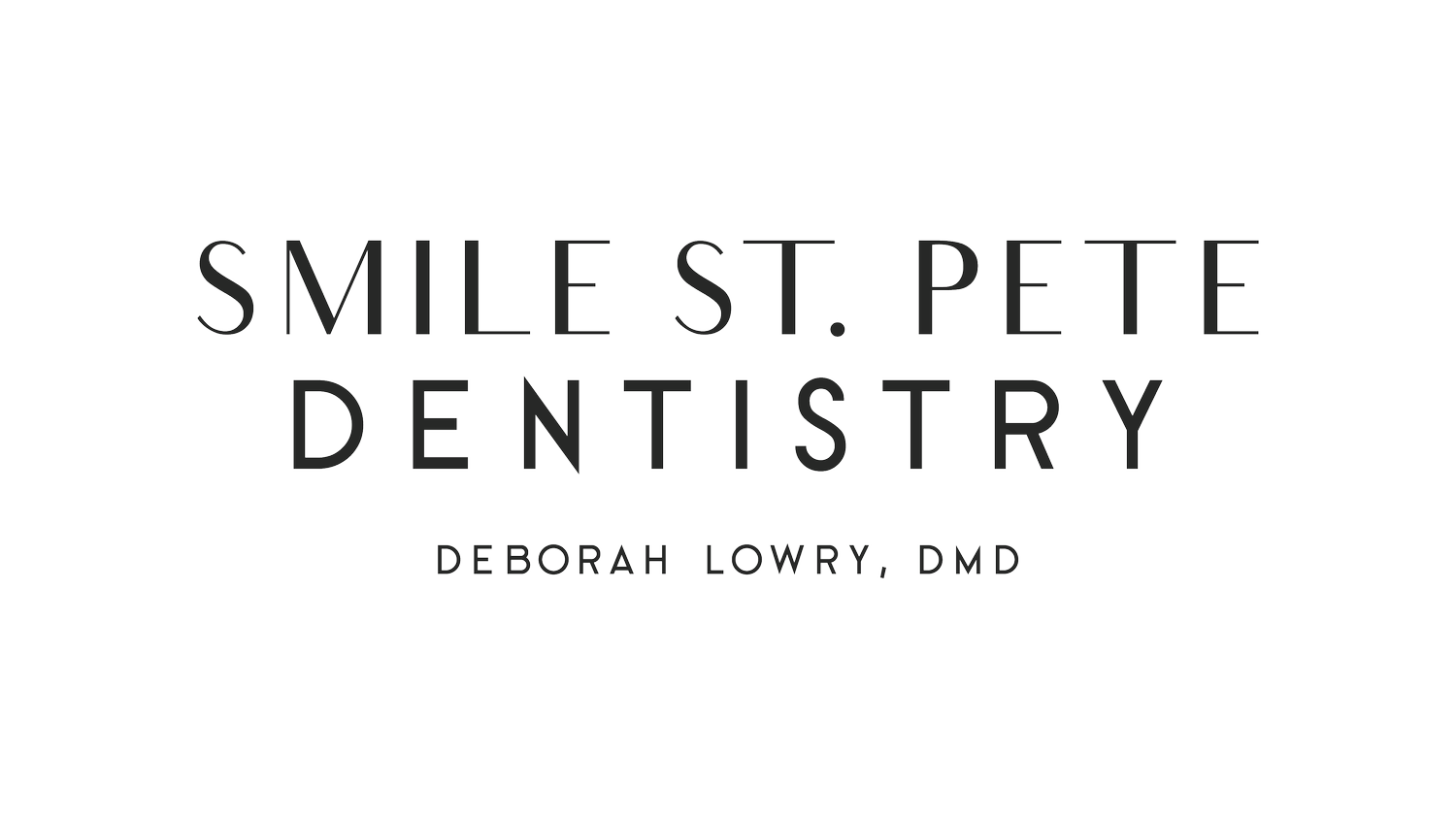TMJ DISORDERS

What Is TMJ?
TMJ, formally known as TMD, gets its name from the temporomandibular joint. This joint can be described as a hinge that connects your lower jaw to your skull, allowing you to freely move your mouth, talk and chew food. When individuals experience problems within the jaw and facial muscles which control it, this is an indicator of a temporomandibular disorder (TMD).
TMJ Screenings
At Smile St. Pete Dentistry, TMJ screenings are an essential part of routine dental exams. Whether or not you have TMJ, Dr. Lowry will be sure to set you up for success in regards to prevention and management. By regularly checking for signs of TMJ, Dr. Lowry is able to ensure overall oral health and offer immediate treatment options should a TMJ disorder arise.
Common Symptoms of TMJ
Jaw pain.
Headaches.
Earaches.
Neck and shoulder pain.
Difficulty opening your mouth.
“Locking" of the jaw in the open or closed-mouth position.
Clicking, popping, or grating sounds in the jaw.
Difficulty chewing.
Tinnitus, or ringing in your ears.
Changes in the way your teeth fit together.
Facial swelling.
Tooth pain.
Non-Invasive Treatment Options for TMJ
When it comes to treating TMJ disorders, Dr. Lowry believes in trying the least invasive approach first. Her recommendations focus on resting the affected joints and muscles by implementing a few lifestyle changes. Some of the less invasive treatment options for TMJ include:
A change to a softer diet
Alternating cold and moist heat application
Gentle stretches
Massage therapy
Occlusal guards
TMJ Treatment and Prevention
Oftentimes, symptoms of TMJ disorders will go away on their own, however, some cases will require a more combative treatment plan. If TMJ symptoms persist, Dr. Lowry may recommend further treatment options including medication, therapy, surgery, or injections. Rest assured, her recommendations will be based on your unique needs and comfort level. While some individuals may need medication for mild pain management, others may find relief through occlusal appliances or botulinum toxin (BOTOX®) injections which relax and relieve the muscles.


